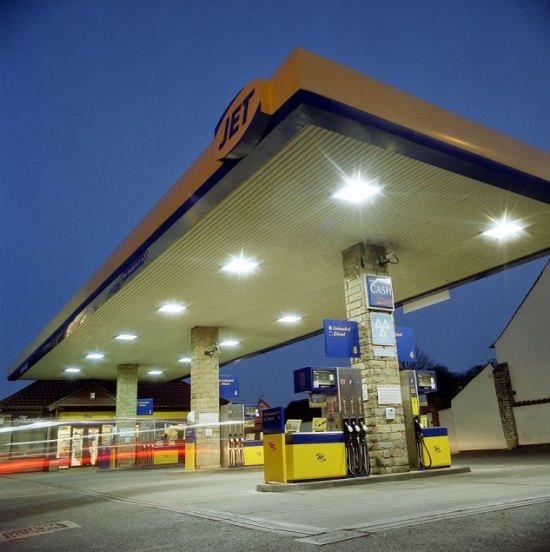The UK fuel industry is extremely lucrative, with thousands of motorists filling up their tanks around the country every day. Yet while small independent garages used to be the staple of the sector, they are increasingly being priced out by supermarkets selling fuel at a loss in order to encourage consumers into their stores.

This in turn has led to a huge decrease in the number of independent fuel retailers in Britain, as more and more are forced to close thanks to the cost of running their business.
In a bid to counter this wave of closures, industry bodies such as the Petrol Retailers’ Association (PRA) are urging ministers to allow smaller forecourt owners to change the way they pay fuel duty. According to the PRA, supermarkets and oil companies can defer paying this tax for up to 28 days, allowing them to account for fluctuating fuel prices and consumer demand – a luxury not afforded to smaller retailers, who have to pay the full amount of fuel duty upon receipt of a delivery.
Chairman of the PRA, Brian Madderson, believes that if the playing field was levelled, more independent fuel retailers would be able to continue in business and additionally would be able to pass on price cuts more efficiently to customers.
He says; “It’s quite clear that our ability as a country to have forecourts all over the country is becoming challenged because of the number of independents that are closing.
“One of the main reasons is the onerous requirement to have to pay duty more or less as the fuel is delivered.
“The oil companies, which have more money than possibly anyone else, have 28 days’ duty deferment on their side – how is that equitable?
“Changing this would allow my members far more financial freedom.”
It certainly seems that something must be done in order to support independent forecourts financially if they are to remain a going interest in the UK economy. Over the past five years around 1,000 independent fuel retailers have shut up shop, with the remaining 9,000 independent forecourts comparing poorly to the 37,500 found nationwide in 1970.
The government is keen to resolve the issue, having held a summit with tax chiefs and business minister Michael Fallon in October with another due in the coming weeks. A large part of their concern involves future fuel security if a high number of independent closures takes place.
An industry insider, who did not wish to be named, said; “When it looked like the Grangemouth refinery was going to be shut for some time, the Government was asking forecourts to stock up on fuel.
“But some independents lost thousands – they have to pay duty upfront, and if petrol prices fall they lose out.
“Who’s going to give them that back?”
With the panic buying of fuel seen early last year a stark reminder of how essential access to petrol and diesel is for motorists and businesses, the last thing the government will want is further closures of independent forecourts. However, with fuel duty revenue playing a large part in the government’s annual budget, it may be difficult for industry experts and ministers to reach an accord.